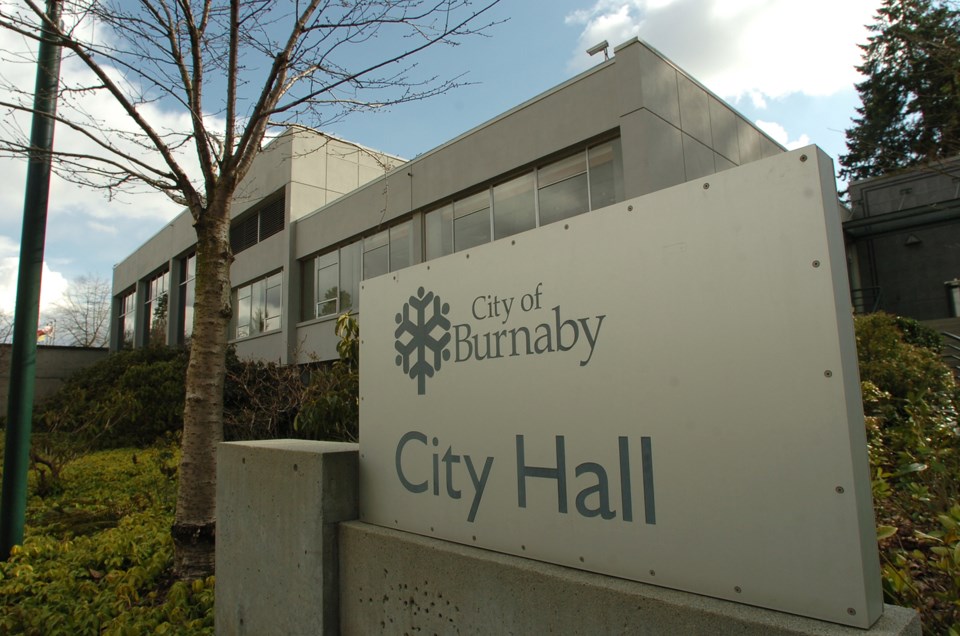Burnaby city council is concerned that a draft federal policy could lead to land loss for municipalities where aboriginal communities are applying for treaties.
Council is objecting to a revised Aboriginal Affairs and Northern Development Canada draft policy for “additions to reserve/reserve creation,” and wants to address local government issues arising from it – including a potential loss of taxes.
“It’s our bylaws that are affected. It’s taxes that are not paid to a local government,” Mayor Derek Corrigan said at the Sept. 9 meeting. “I can tell you at Metro Vancouver, this is an issue that’s drawn the attention of municipalities across the Lower Mainland, and most if not all are concerned … about the policy.”
According to a report from the city’s planning and building department, the proposed policy could lead to jurisdictional fragmentation, loss of land base, remediation and loss of jurisdiction, among other local government concerns.
“One of the thing’s that’s problematic is the federal government really doesn’t recognize local government,” Corrigan said.
“They’re not interested in local government opinions. Unless the province takes up these issues and advances them to the federal government, our lack of constitutional status, we really are, and you’ll excuse the pun, the low man on the totem pole. We’re the ones who, in fact, take the brunt of the consequences of decisions made by the federal government, but we have no voice to be able to raise the issues of importance to us.”
Corrigan said the implications affect the local governments most of all.
“There are a multitude of issues that impact these decisions, and I know right now Delta is a good example of a city that is going through significant growing pains in regards to surrounding changes, as a result of the treaties. It’s something that’s important to all of us,” he added.
Coun. Dan Johnston said the pieces of federal legislation that have come forward over the years have created a loophole for native communities to reach treaty status without having to go through the negotiation process.
“Such as situations where the federal government trades a piece of land to an aboriginal community and that piece of land is all of a sudden incorporated into an Indian reserve that may not be near any reserve lands,” he added. “But by having … reserve status and (being) exempt from municipal bylaws, the aboriginal community in that site can do all sorts of things that may or may not be in the best interest of our municipality and community around it.”
Johnston said the report made positive suggestions on how the process should go to make it “more effective” for all interests.
The report calls for a mechanism to improve stakeholder coordination within the proposed federal policy’s application process, and a dispute resolution mechanism to deal with issues that arise in the future.



